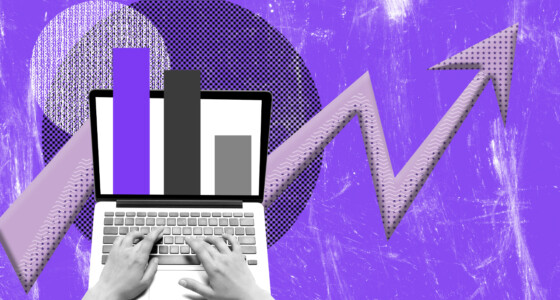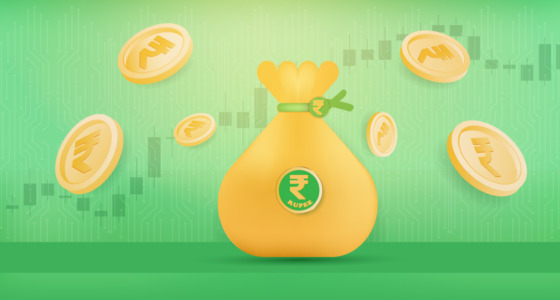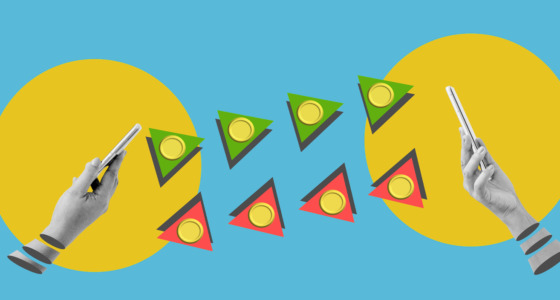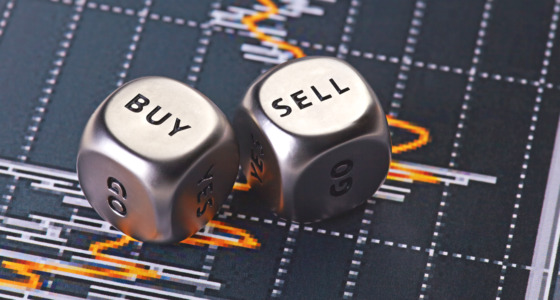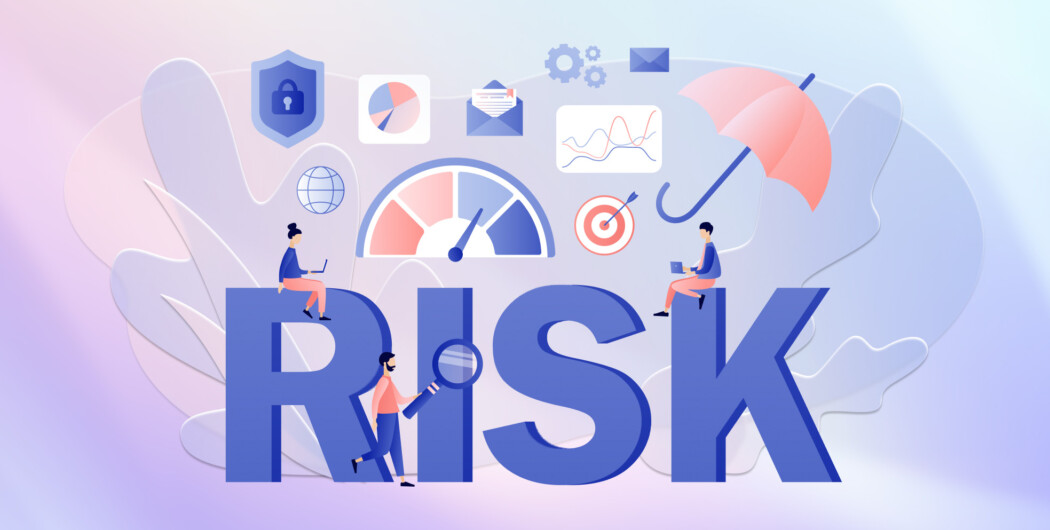

What is risk management in trading?
Risk management is the system of control. Let’s imagine that Tom wants to buy a new house. He doesn’t have money to pay for it, but he can take a loan. A mortgage rate is 10%. It means that Tom will pay 60% of his monthly salary for 15 years. If Tom loses his job, he won’t be able to pay and will lose his house. This situation is risky, so Tom refuses to take such a loan and starts looking for a more modest house. Knowing or not, Tom used a risk management system that prevented him from taking additional risks. If Tom hadn’t been so smart, he would have taken this loan regardless of any risks.
You see, we occasionally come across difficulties connected with financial decisions. To make good decisions, we should have our own risk management rules.
But what is risk management in trading? Traders take risks all the time. From the moment a trader opens his trade until the trade is closed, risks are pretty high. In such a way, risk management should be a part of a trader’s strategy. Do you see it, guys? The trading strategy doesn’t only consist of rules about where to open and close trades but also includes some risk control rules.
Are risk management and money management synonyms?
Not exactly. We’d rather say that risk management includes a money management system. When one opens a trade in the market, there are several risks:
The first one is that a trader’s position is too big. Let’s say that a trader uses 50% of his trading account. It means that if he loses next time, he should earn at least 100% to compensate for his losses. A trader should have a prepared money management system to avoid such risks.
The second risk is that a trader’s point of view on the current market situation is wrong. For example, to find entry points, he uses indicators, but these indicators are giving the wrong entry points right now.
The trader’s risk management system should prevent him from opening a sequence of unprofitable trades and tell him where he should switch to his own Plan B (e.g., the other trading strategy in his toolkit).
The third risk is when a trader uses a good money management system and a proper indicators system, which helps him to find good entry points, but the chosen time for trading or a selected asset is wrong. Risk management should help the trader switch to other assets or pause and return to the market when opening trades is better.

How to manage risk in trading?
According to risks, which we’ve just mentioned, several tips and tricks will help you to improve your trading strategy from the risk management trading point of view.
Tip#1. Learn more about account control. Don’t risk more than 5-10% of your account size. You may start trading using a fixed sum of money if you are a new trader. If you are more experienced, you may create a system of your position size, depending on the strength of your signal. Thus, if you see that the market situation is good for trading, you may increase the sum of money for each trade. Otherwise, you decrease it.
Tip #2. It’s helpful to have several entry-point strategies for different market situations. The market may move in a trend or a flat. It’s better to be able to trade in various types of price movements. This is called diversification of strategies.
Tip #3. It’s important to remember that success equals professionalism plus luck. A trader can be highly professional and use proper money management with strategy diversification but also lose money because of luck. Use the rule of the sequence of losses. If you see that whatever you do, you still get losses in the market – simply stop trading. Make a pause and return to the market another day.
Conclusion
Unfortunately, there are no universal risk-management rules.
Each trader has their own. Try to write down the rules you will be ready to follow. Don’t break your rules unless you see they don’t work.
Now when you know so much about risk management, you may try your skills in the Binomo platform with minimum risks to your trading account.


